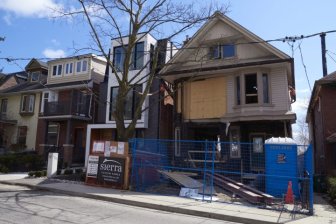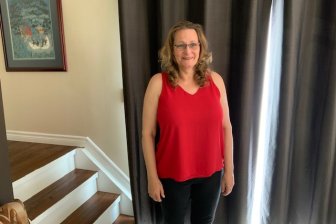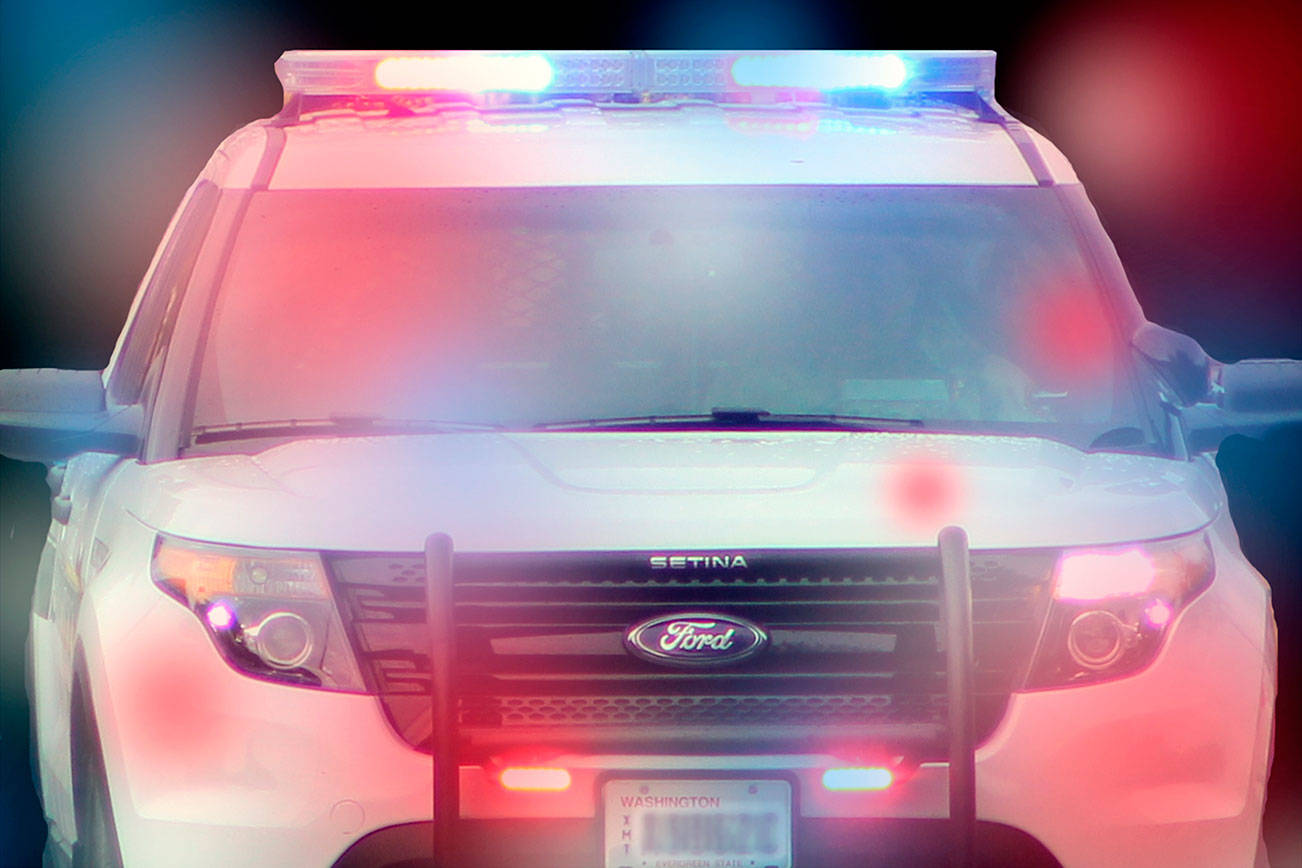The University of British Columbia is now reviewing an honorary degree given to Bishop John O’Grady in 1986.

O’Grady was at one time the principal of the Kamloops Indian Residential School where the remains of 215 children were found on the grounds last week.
“The issues raised are deeply upsetting and we take them seriously. UBC’s Senate will be reviewing this matter immediately per our processes and policies relating to honorary degree recipients,” UBC president Santa Ono said in a statement.
UBC says honorary degrees are given to “deserving individuals who have made substantial contributions to society.”
This includes “leading academics in all disciplines and creative minds in arts and performance; public intellectuals and opinion-makers; visionary leaders and exemplary public figures; and community builders and philanthropists.”
According to a statement from UBC, O’Grady was given a Doctor of Laws in a ceremony on May 29, 1986, for his role in “education to bring communities together and to open up future possibilities for members of local communities.”
In a speech at the ceremony by then-president David Strangway, he said to a considerable extent, O’Grady “inherited his dream from successive generations of his religious order, the Oblate Fathers. This Order came to this province over a hundred years ago and quickly set up schools: 1849 in Victoria, 1861 in Mission, 1873 in Fort St. John. Fergus O’Grady served on the staffs of Native Indian schools in Mission and Kamloops developing the first secondary school programme in this Province for the Native Peoples.”
In 1956, O’Grady became Bishop of Prince George and “seized on the opportunity to make education more accessible to local communities in the Interior and to do so in a way which would bring the native and white communities closer together,” Strangway said.
According to the Catholic Hierarchy website, Bishop John Fergus O’Grady was born in 1908 and died in 1998 in Prince George.
After developing his own trucking, bulldozing and construction firm, O’Grady built 13 elementary schools and one secondary school.
“Fergus O’Grady, you have appreciated the role of education in the lives of the people of this province. You have responded with energy, imagination and adaptability to the needs of our people, especially in the Interior of the Province. We appreciate your vision. You might be interested to know that our first class of our own Native Indian Teacher Training Programme included almost half of its students from your school in Prince George,” Strangway added at the ceremony.
The Tk’emlúps te Secwépemc announced the discovery of the remains Thursday after ground-penetrating radar confirmed what members had long said about the former Kamloops Indian Residential School, which was the largest institution of its kind in Canada.

UBC has joined organizations and governments across Canada that have lowered their flags in shared grief and to pay their respects to the children, their families and their communities.
Indian residential schools operated for more than a century as a partnership between the Canadian government and major churches, with the last school closing only in 1996, Ono explained.
“Many spent their entire childhoods in the schools and many died there, as we were starkly reminded last week: the mortality rates at some schools at times surpassed 60 per cent,” Ono continued in a statement.
“Children suffered emotional or mental abuse, and many suffered physical and sexual abuse. The devastating legacy of the Indian residential school system has affected nearly every Indigenous family and the effects on communities are still here today.”
June is National Indigenous History Month in Canada.
“As last week’s news reminds us though, that history includes tragedy and sorrow as well as achievement and pride,” Ono said.
“Universities, including UBC, bear part of the responsibility for this history, not only for having trained many of the policymakers and administrators who operated the residential school system, and doing so little to address the exclusion from higher education that the schools so effectively created but also for tacitly accepting the silence surrounding it.”
Grand Chief Stewart Philip of the Union of BC Indian Chiefs called for an unprecedented and thorough investigation along the lines of the one conducted into convicted serial killer Robert Pickton.
“This cannot be swept under the carpet,” Phillip said. “We don’t need any more political theatre in terms of apologies by the prime minister. We need them to engage this with all of the resources available and necessary to do a proper job.”
The Syilx Okanagan Nation, which represents eight First Nations in the Okanagan, also issued a statement calling on the province and federal government to “directly address these atrocities.”
— with files from Simon Little and Doyle Potenteau
© 2021 Global News, a division of Corus Entertainment Inc.
UBC reviews honorary degree given to principal of Kamloops Indian Residential School - Global News
Read More











/https://www.thepeterboroughexaminer.com/content/dam/localcommunities/kawartha_lakes_this_week/life/2021/05/27/catholic-school-board-announces-principal-appointments-and-transfers/10402762_PVNC_principal_postings.jpg)